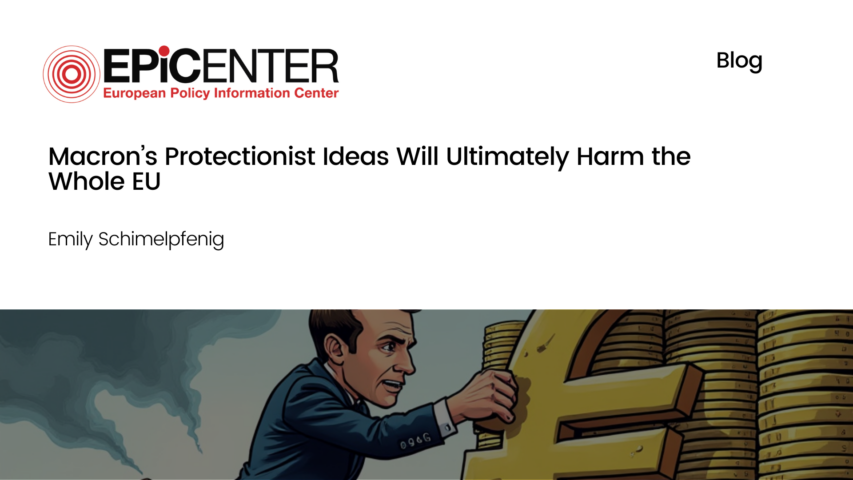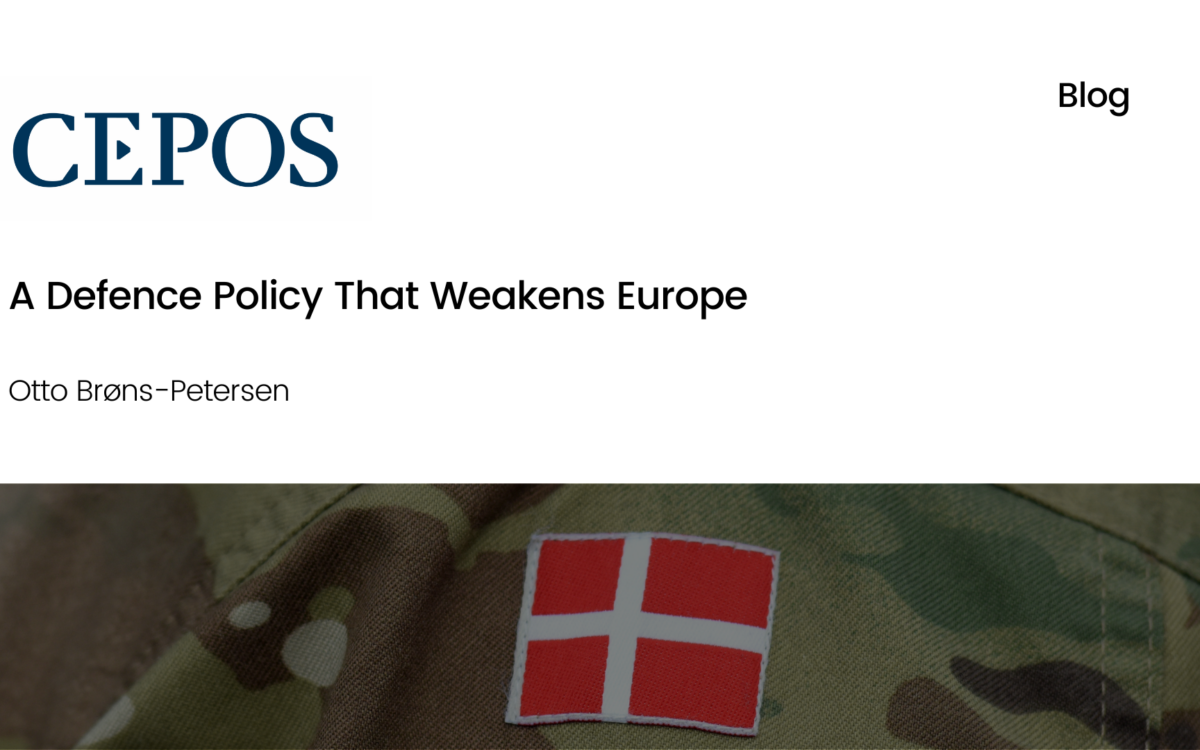Macron’s Protectionist Ideas Will Ultimately Harm the Whole EU

Macron’s Protectionist Ideas Will Ultimately Harm the Whole EU
Emily Schimelpfenig // 14 August 2017
The election of Macron is starting to cause problems to Europe and – in particular – to Italy. Until a few days ago, the Italian government hoped to hold a majority stake in the Saint-Nazaire shipyard, one of the world’s largest dockyards. Founded in 1955 thanks to the merger of Ateliers et Chantiers de la Loire and Ateliers et Chantiers de Saint-Nazaire Penhoët, the Saint-Nazaire shipyard was bought in 2008 by South Korean industrial chaebol STX Corporation and became part of STX Europe, a subsidiary of STX corporation. Following this acquisition, the French government took a 33.34% stake in the shipyard. In order to save the dockyards from bankruptcy, President Hollande planned to sell STX’s shares to Fincantieri, the world’s fourth largest shipbuilding company.
Immediately after the May election, President Macron decided to reverse the deal and asked the Italian for a 50/50 stake in the shipyard. Italy’s Prime Minister, Mr Gentiloni, immediately turned the offer down, leading Mr Macron to nationalise the shipyard on 27 July. Whilst the French government insists that the nationalisation will be temporary, this move has caused disappointment in Italy, where claims are arising that the new French President is simply pushing for further protectionist policies. In fact, Italians believe that the nationalisation of Saint-Nazaire was primarily done to block Fincantieri from gaining 66.6% of STX shares. Others worry that France wants to prevent the consolidation of the European naval industry.
In recent years, Italy has wrongly grown suspicious over its transalpine cousins. This is mainly due to the fact that since the mid-90s large French companies have acquired control (or significant stakes) in several of their Italian competitors. According to Il Corriere della Sera, one of Italy’s largest newspapers, between 1996 and the beginning of 2017, French enterprises made acquisitions in the country for a total of €101,5 billion. From Parmalat to Edison, from Luxottica to BNL bank, French companies have invested heavily into big Italian businesses.
Following the decision to temporarily nationalise the Saint-Nazaire shipyard, Macron claimed that the renegotiation of the deal aims to protect the jobs of 7,000 French employees. Under the original deal, struck by Mr Hollande, some of these jobs would have moved to Italian workers. Therefore, it is no surprise that 70% of French citizens now back Macron’s decision.
The real economic reason behind Mr Macron’s move is that shipbuilding is a very lucrative market. For example, in the next few month, the Australian navy will commission 20 military ships worth €20 billion, while the Canadian navy will order 15 military ships worth more than €15 billion. In July 2016, Fincantieri was able to beat its French competitors and secure an order worth €5 billion (and around 10,000 jobs) from Qatar alone. According to the European Commission, some 120,000 are employed by shipyards (civil and naval, new building, and repair yards) in the EU. The shipbuilding sector is also important because it is linked to other sectors including transport, security, energy, research, and the environment.
French officials insist that the nationalisation of STX has nothing to do with Italy itself, but rather is due to a worry about Fincantieri’s relationships with Chinese firms. The Saint-Nazaire shipyard is both a military and commercial shipyard. Thus, the French government think Fincantieri might eventually leak important business information to its Chinese partners. This would allow China to have direct access to French advanced technology and know-how. This would in turn allow Chinese shipbuilding companies to strengthen their growing market position and hurt French businesses through tougher competition. The Chinese would also have access to valuable military data and currently they are not a French ally. On top of all this, contracts (and jobs) might completely move away from Saint-Nazaire (and potentially Europe).
It is important to remember that despite Mr Macron’s pro globalisation electoral platform, the new French President was elected on a campaign championing a “protective Europe”. This plan included demands for a mechanism against unwanted foreign takeovers in strategically important sectors. As we highlighted in a recent briefing, Chinese companies are now expanding at a rapid pace in the EU. Thus, the chance of China indirectly gaining access to another European (and French) industry might strengthen Mr Macron protectionist moves.
Does Macron’s idea of “protective Europe” work? Or is it simply a friendlier way of calling for a kind of “Europe First” industrial policy? Rather than shutting Chinese companies out of Europe or erecting further trading barriers against Beijing, a far better option for European institutions would be to conclude the EU-China investment agreement launched at the end of 2013 as soon as possible. According to the European Commission, the main problem with China’s foreign investment into Europe regards reciprocity, even if China held only about 1% of the European foreign direct investment stock. Interestingly enough, Chinese officials have also lamented a lack of trade reciprocity, particularly in the Information and Communication Technology sector. Thus, a comprehensive investment agreement that allows European companies increased access to Chinese markets and vice-versa would ultimately stimulate the Union’s economic growth, would boost business activity and would create new jobs.
Consequently, if Macron believes that he can save Europe from populism by pushing for tougher trade defence and screening of Chinese investments, someone should remind him that a trade war with China is not in the interest of any European country. Moreover, in light of Beijing’s willingness to further increase its trading ties with the EU over the next few decades through the “One Belt, One Road” grand project, the preemptive disruption of business activity will ultimately just harm European citizens.
EPICENTER publications and contributions from our member think tanks are designed to promote the discussion of economic issues and the role of markets in solving economic and social problems. As with all EPICENTER publications, the views expressed here are those of the author and not EPICENTER or its member think tanks (which have no corporate view).



